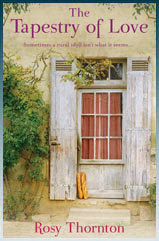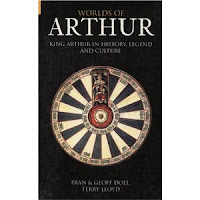Posts
Showing posts from November, 2010
Giving Up the Ghost by Hilary Mantel
- Get link
- Other Apps
Airs Above the Ground by Mary Stewart
- Get link
- Other Apps
Just Another Backward Book Launch: a guest post by Scott Nicholson
- Get link
- Other Apps
Allegra Fairweather: Paranormal Investigator by Janni Nell
- Get link
- Other Apps
Creatures of the night - RIPV round up
- Get link
- Other Apps





